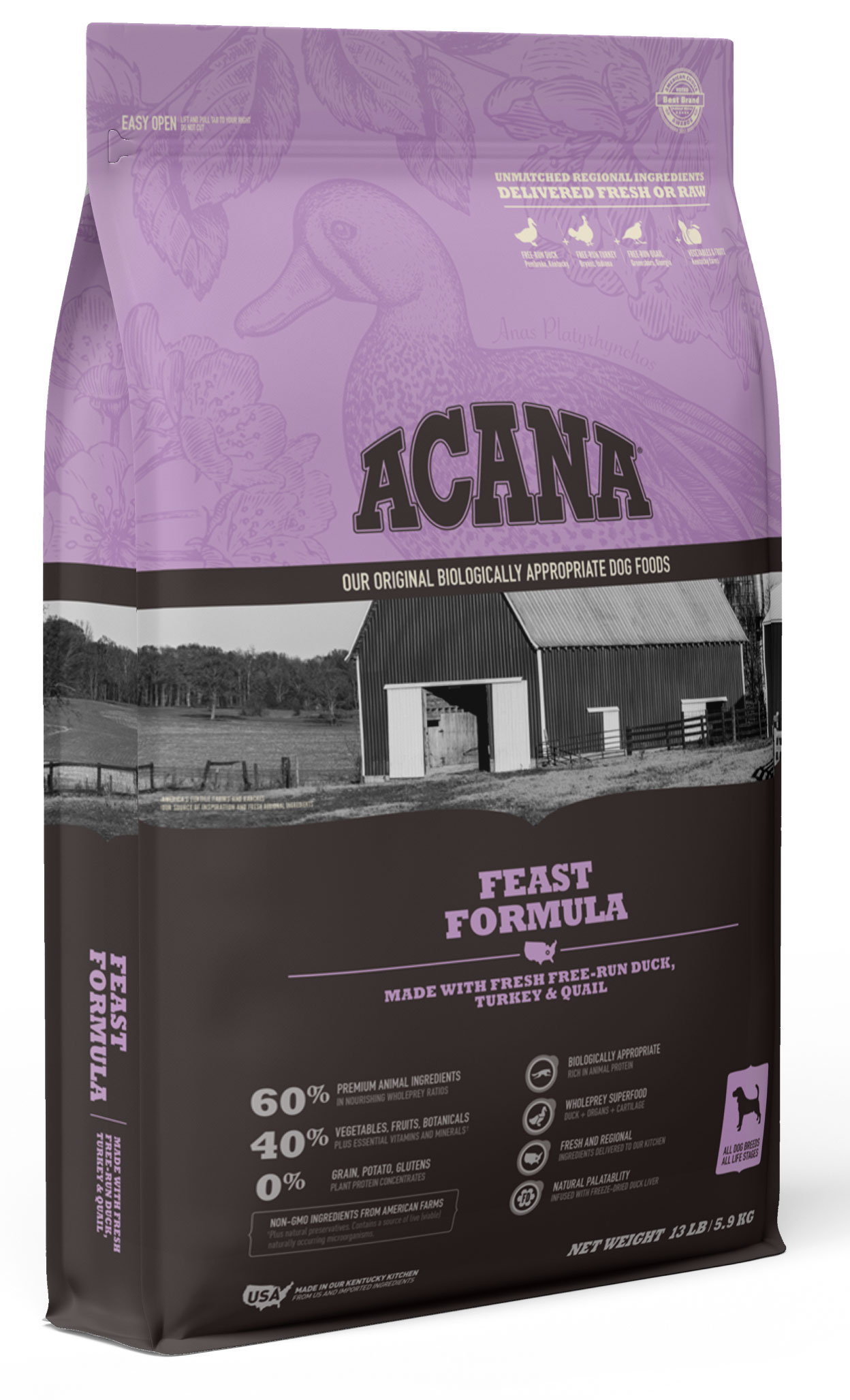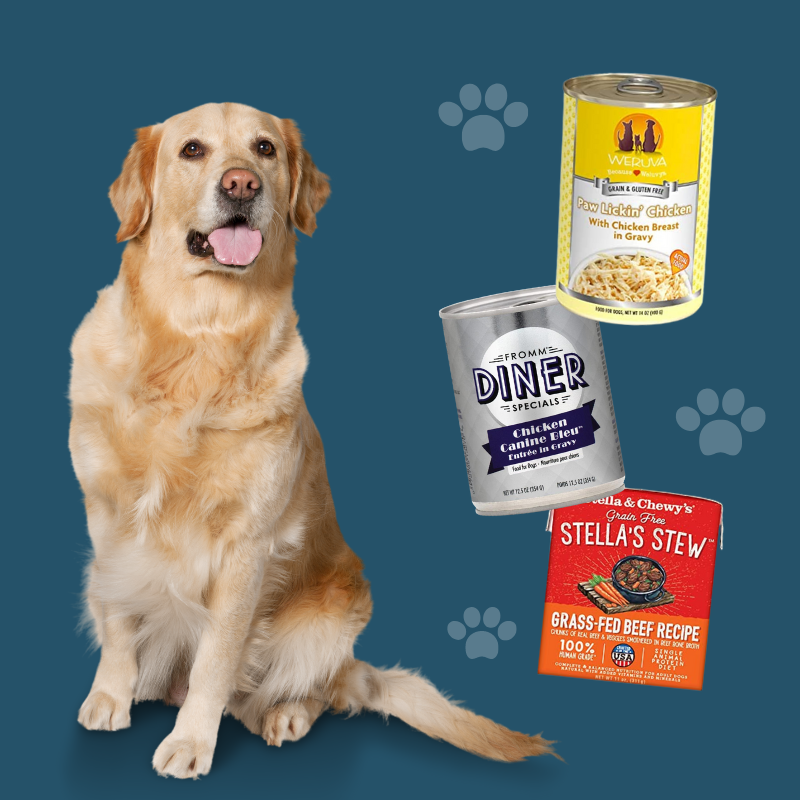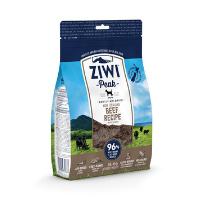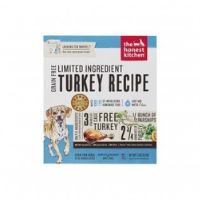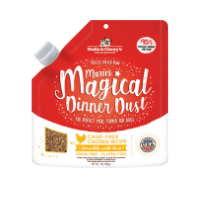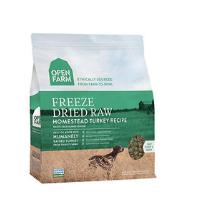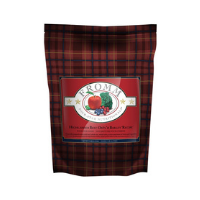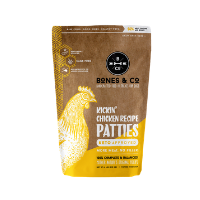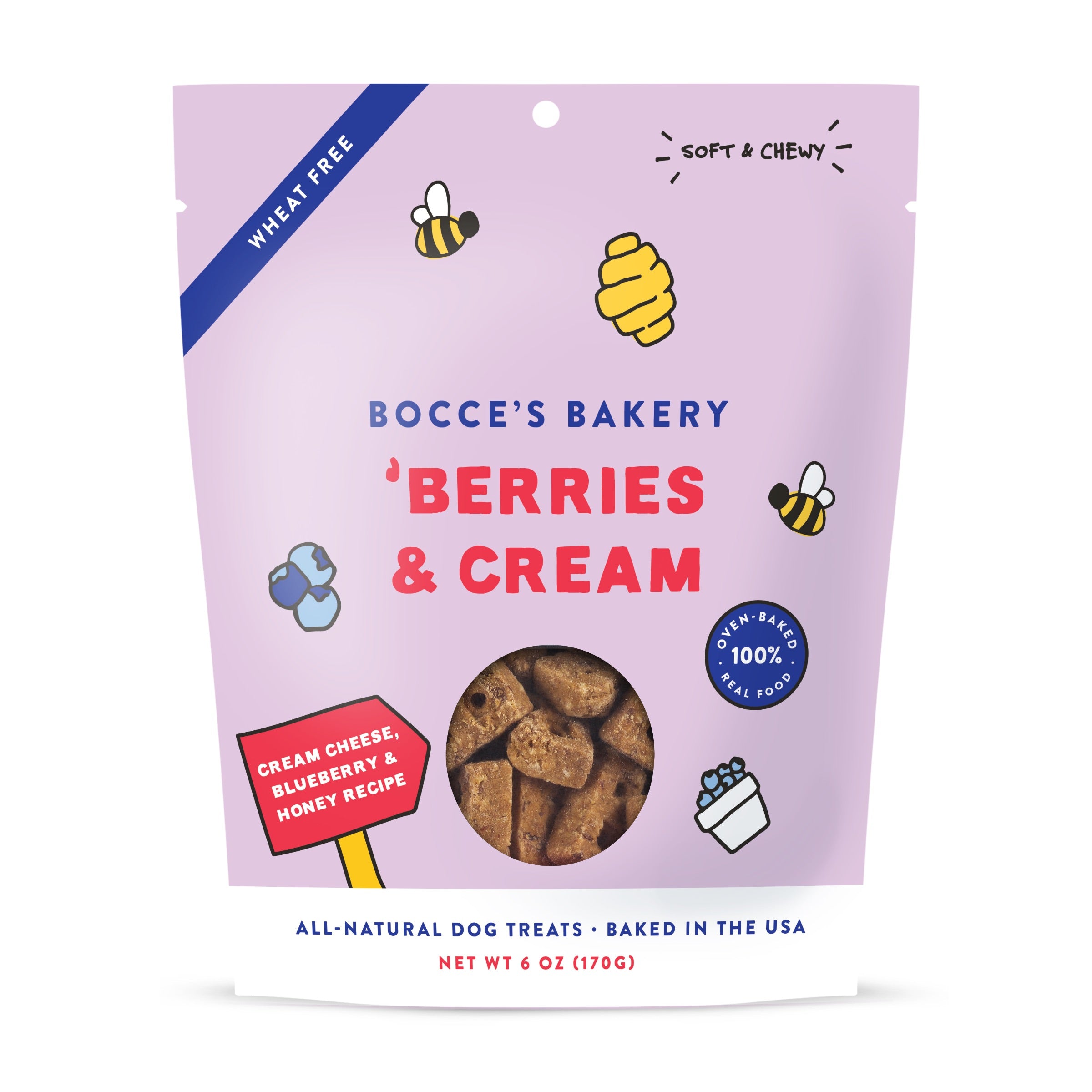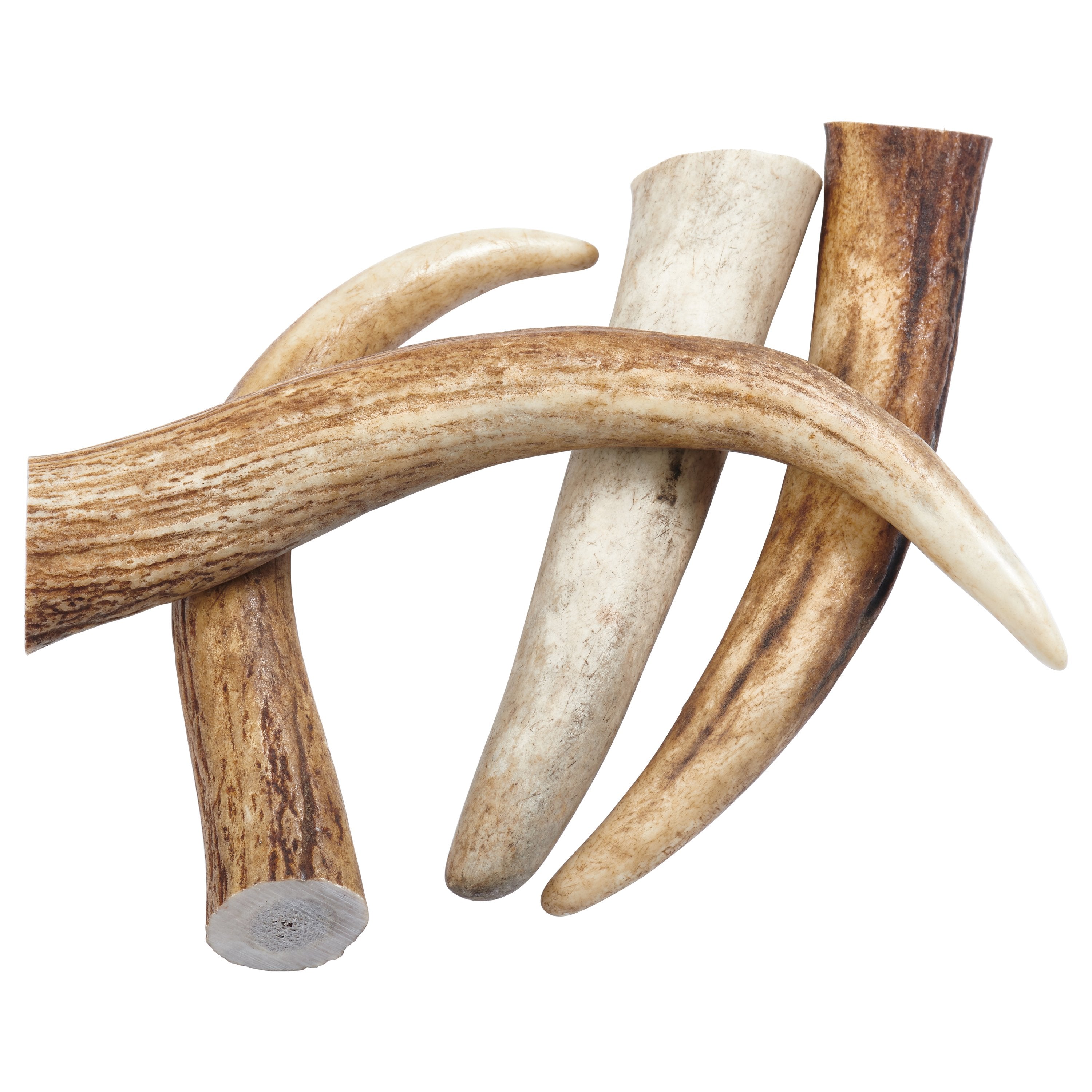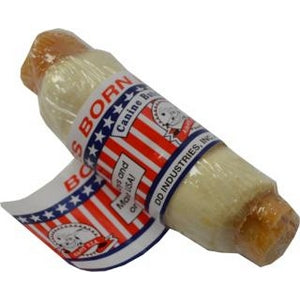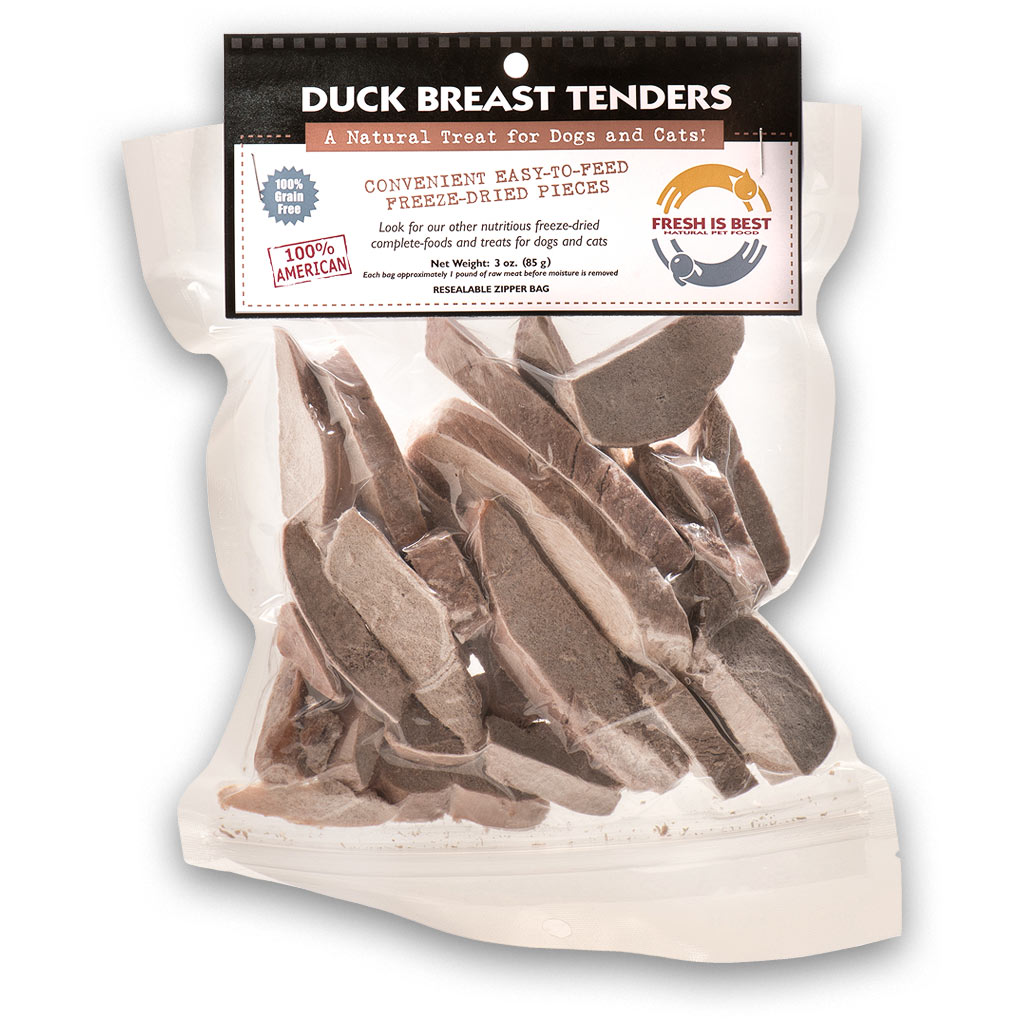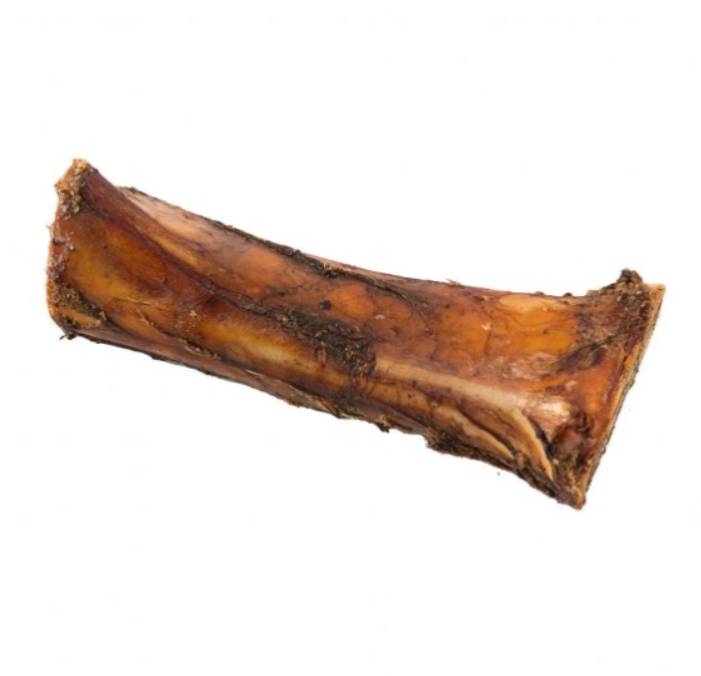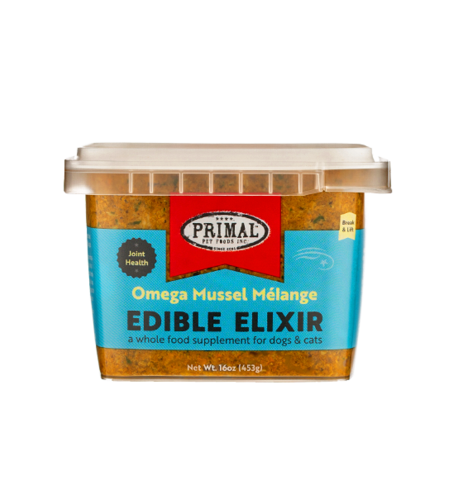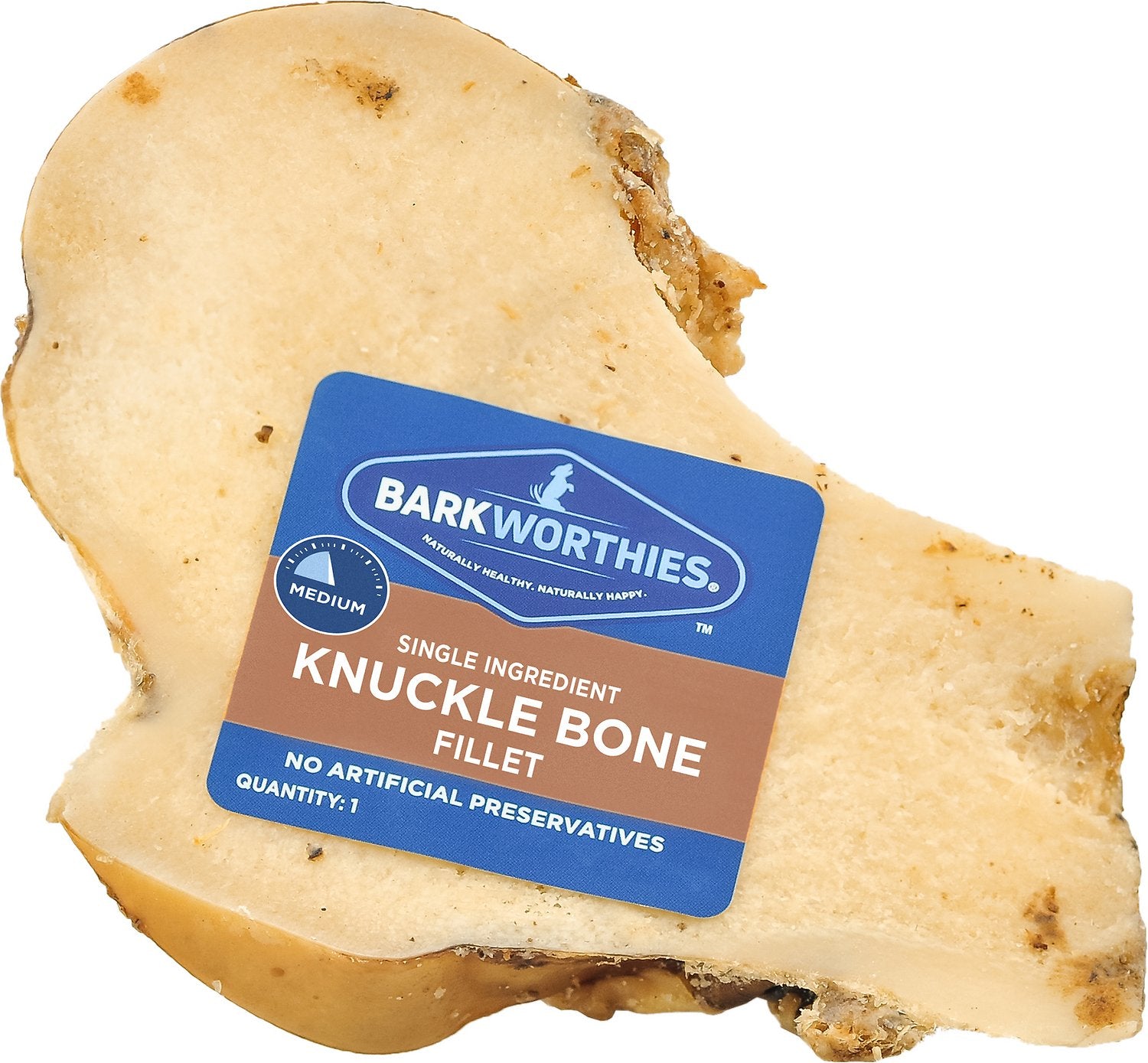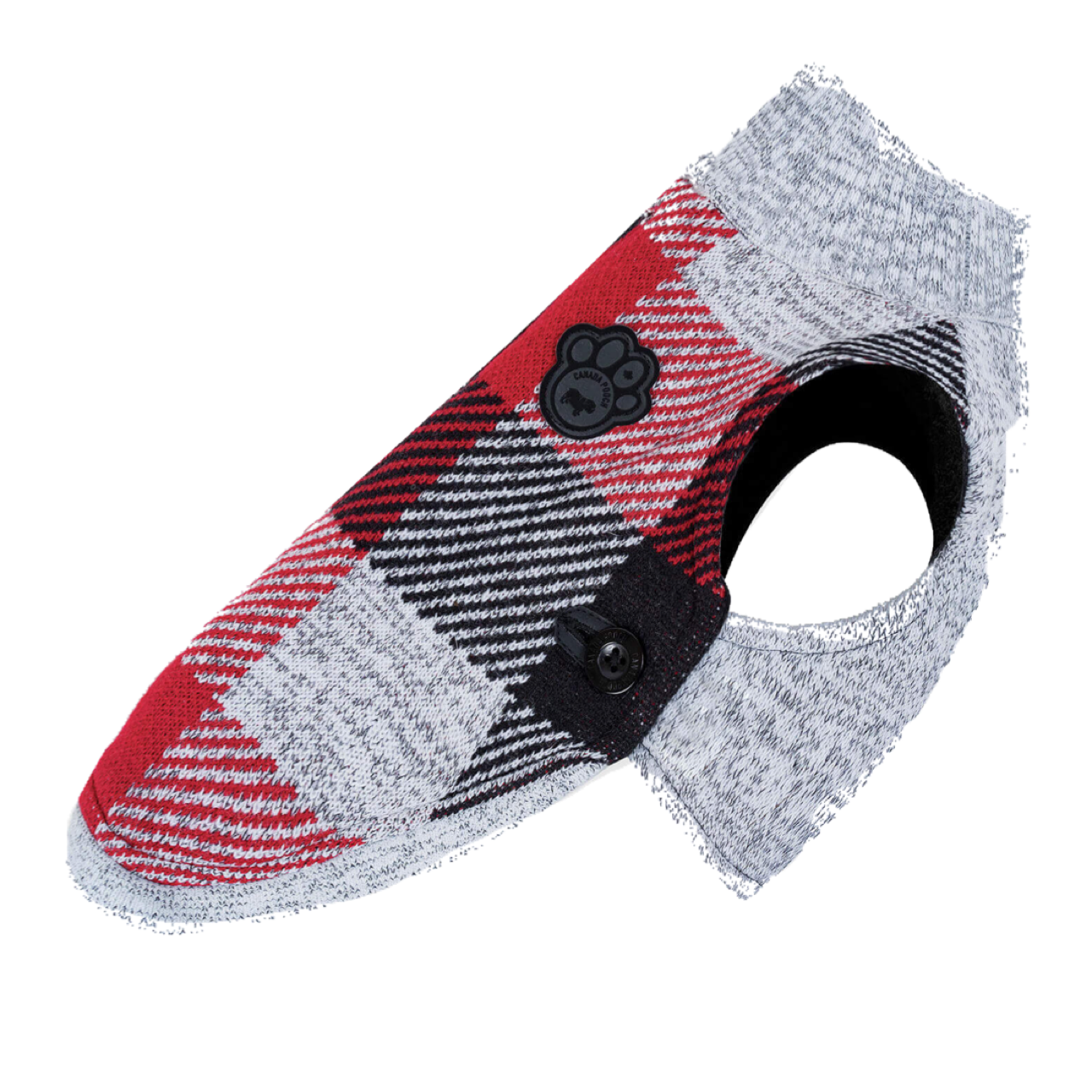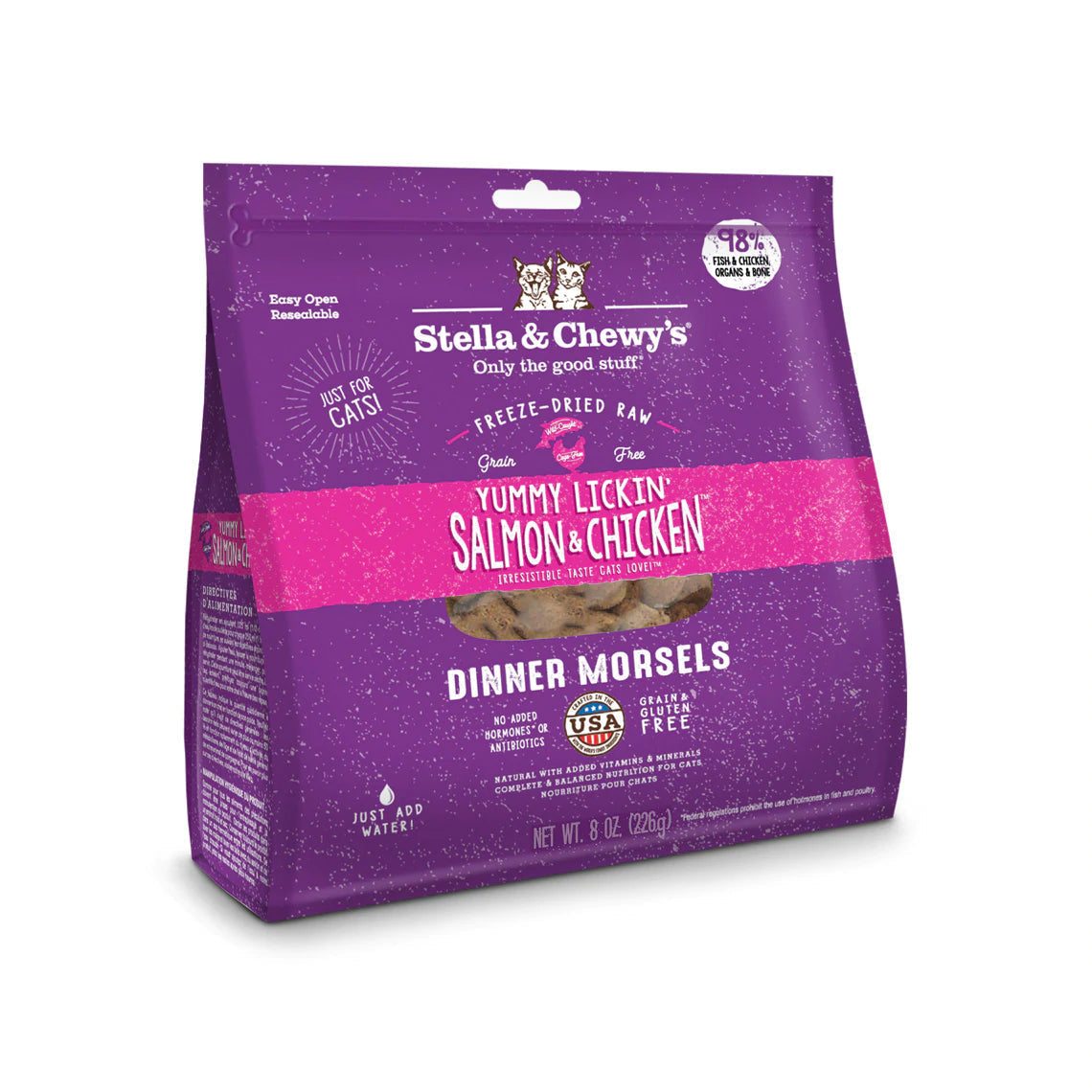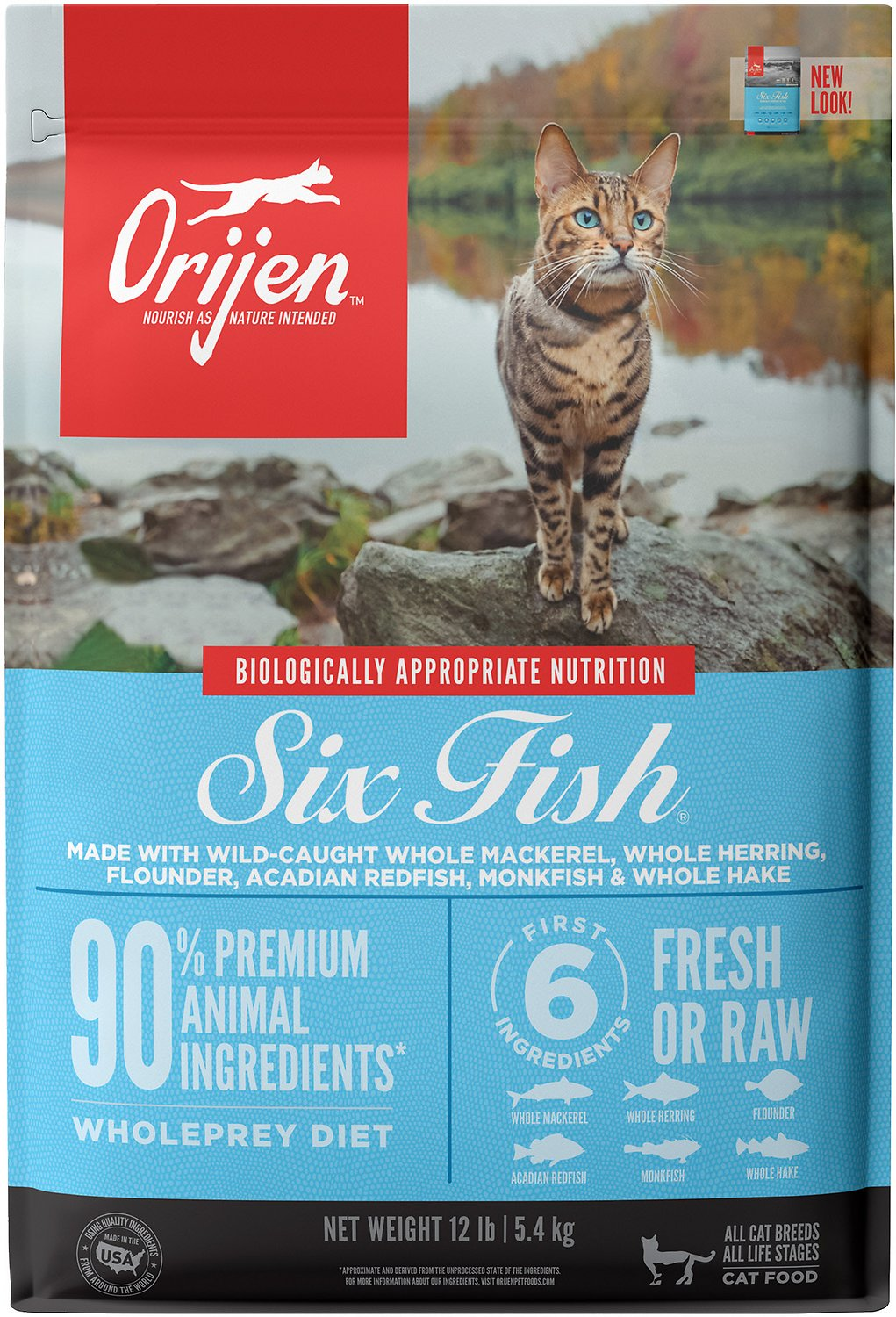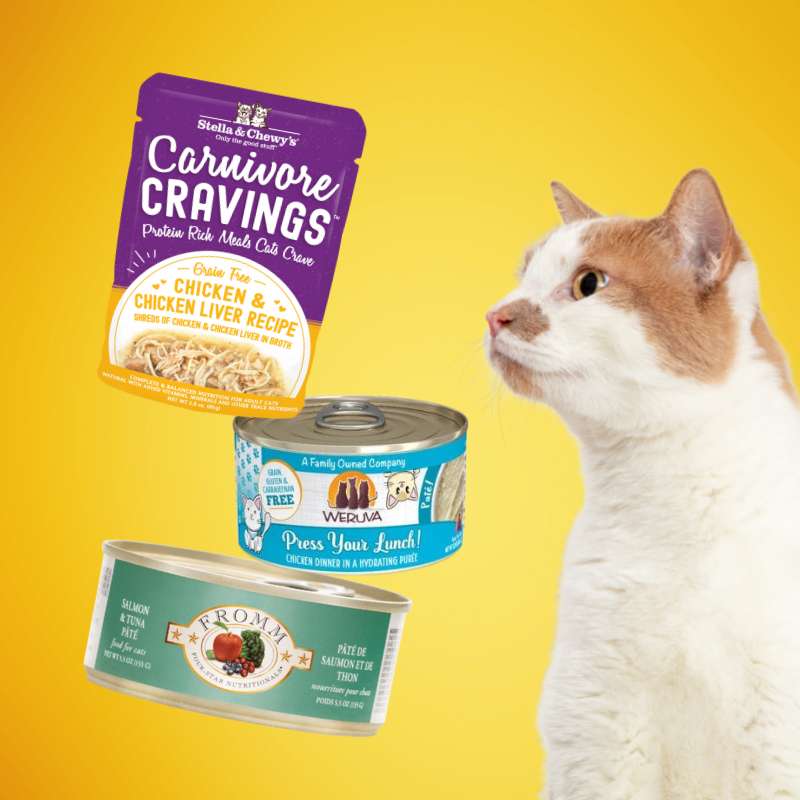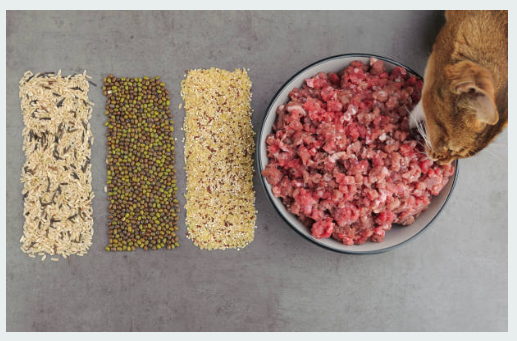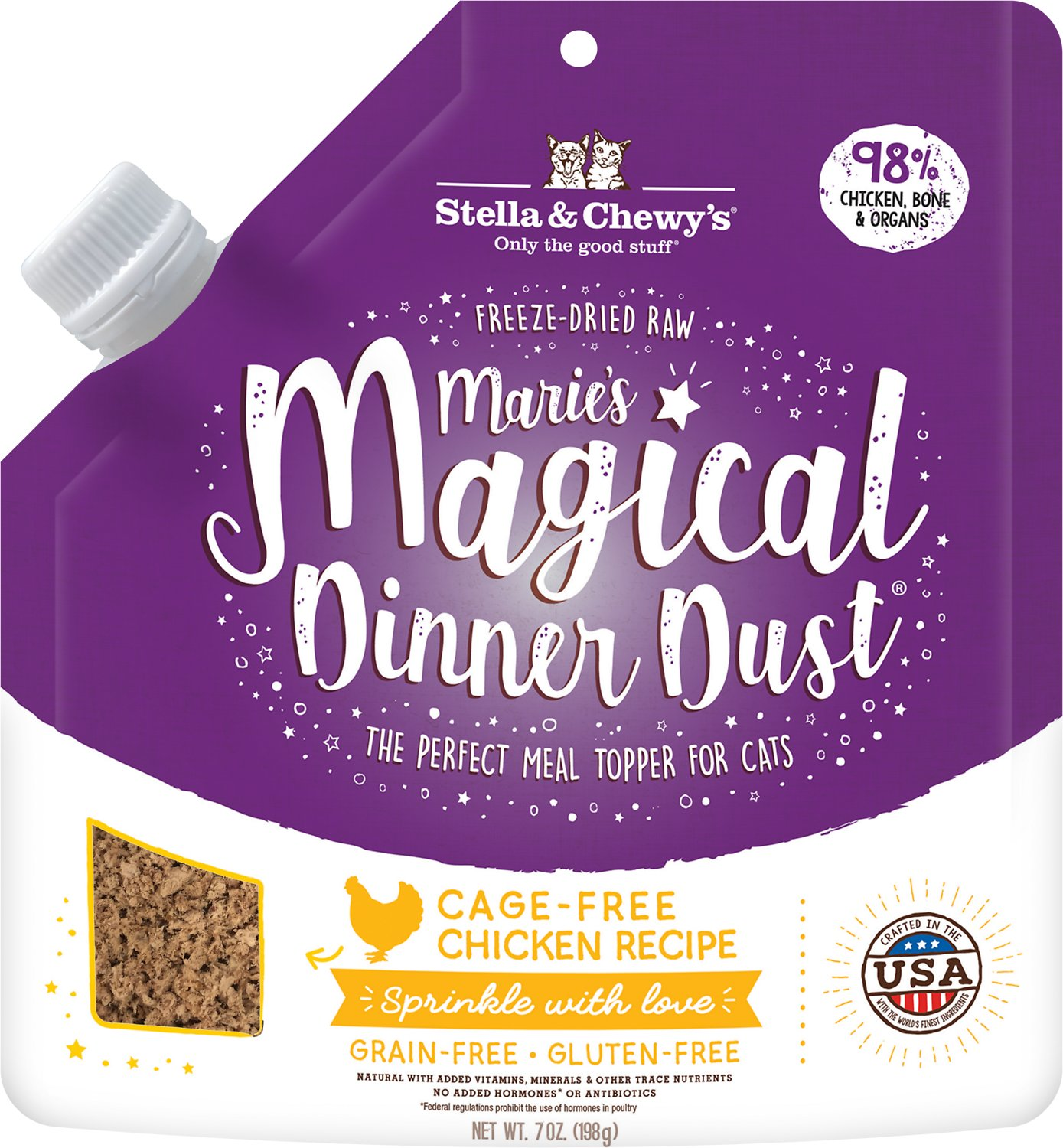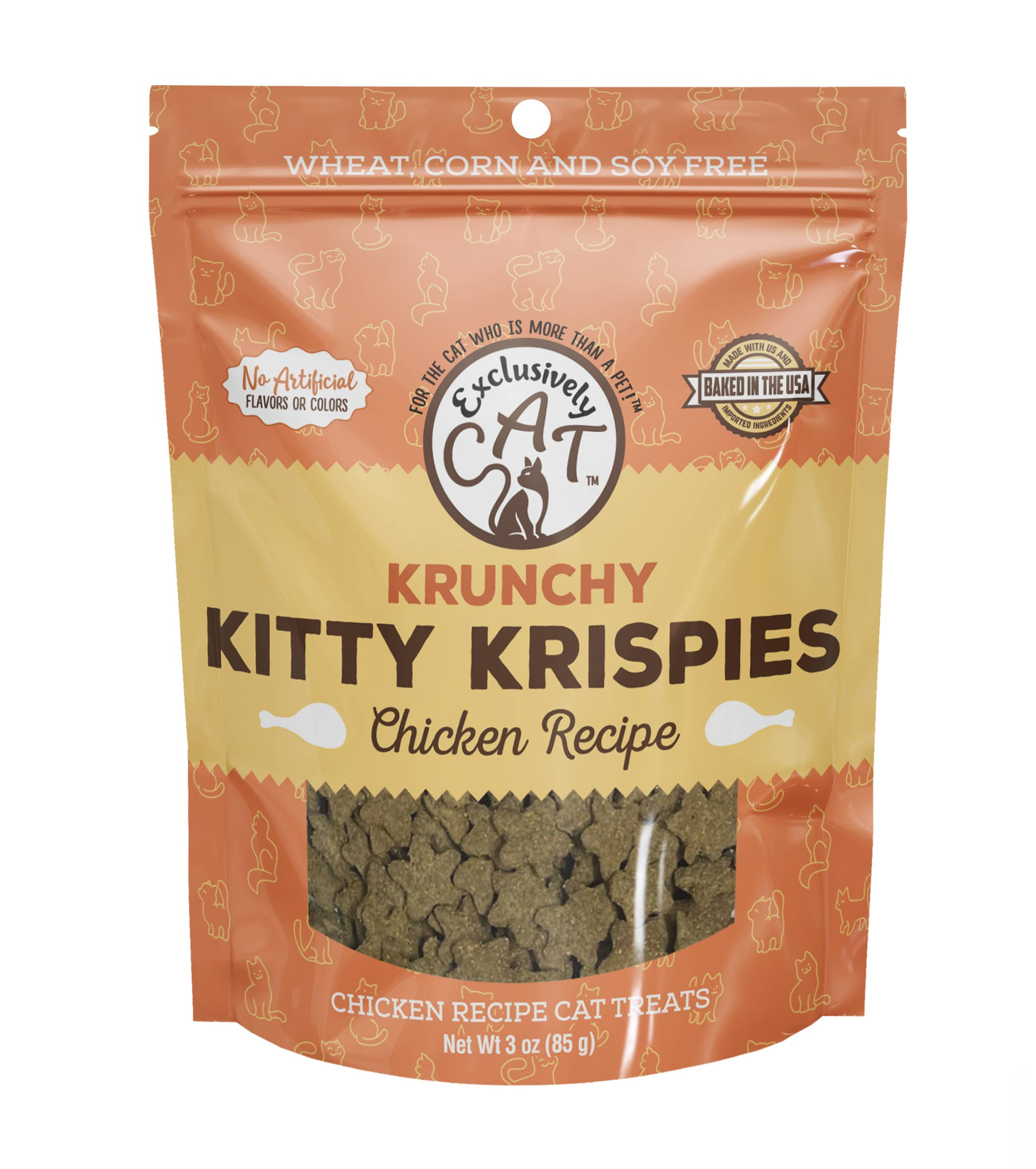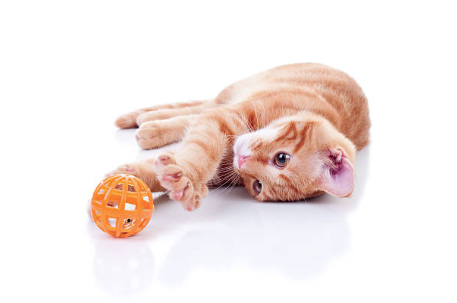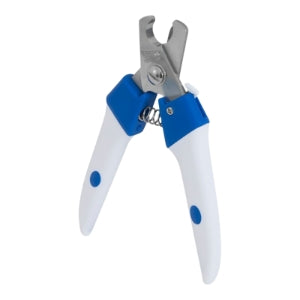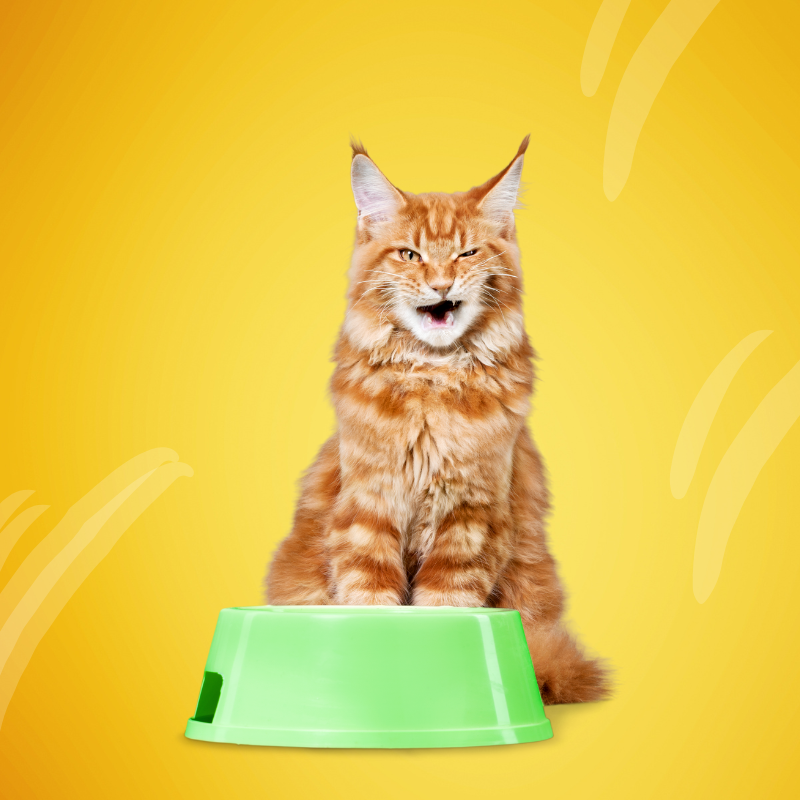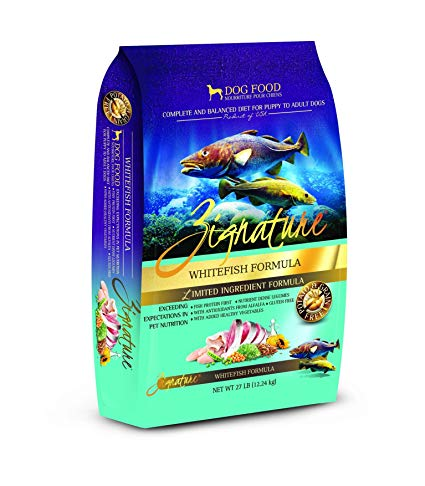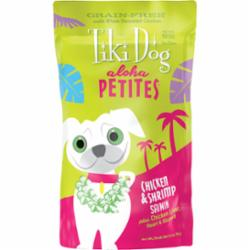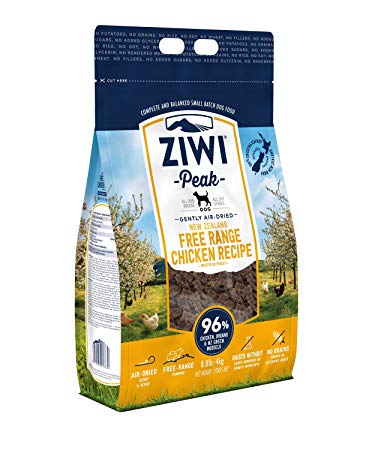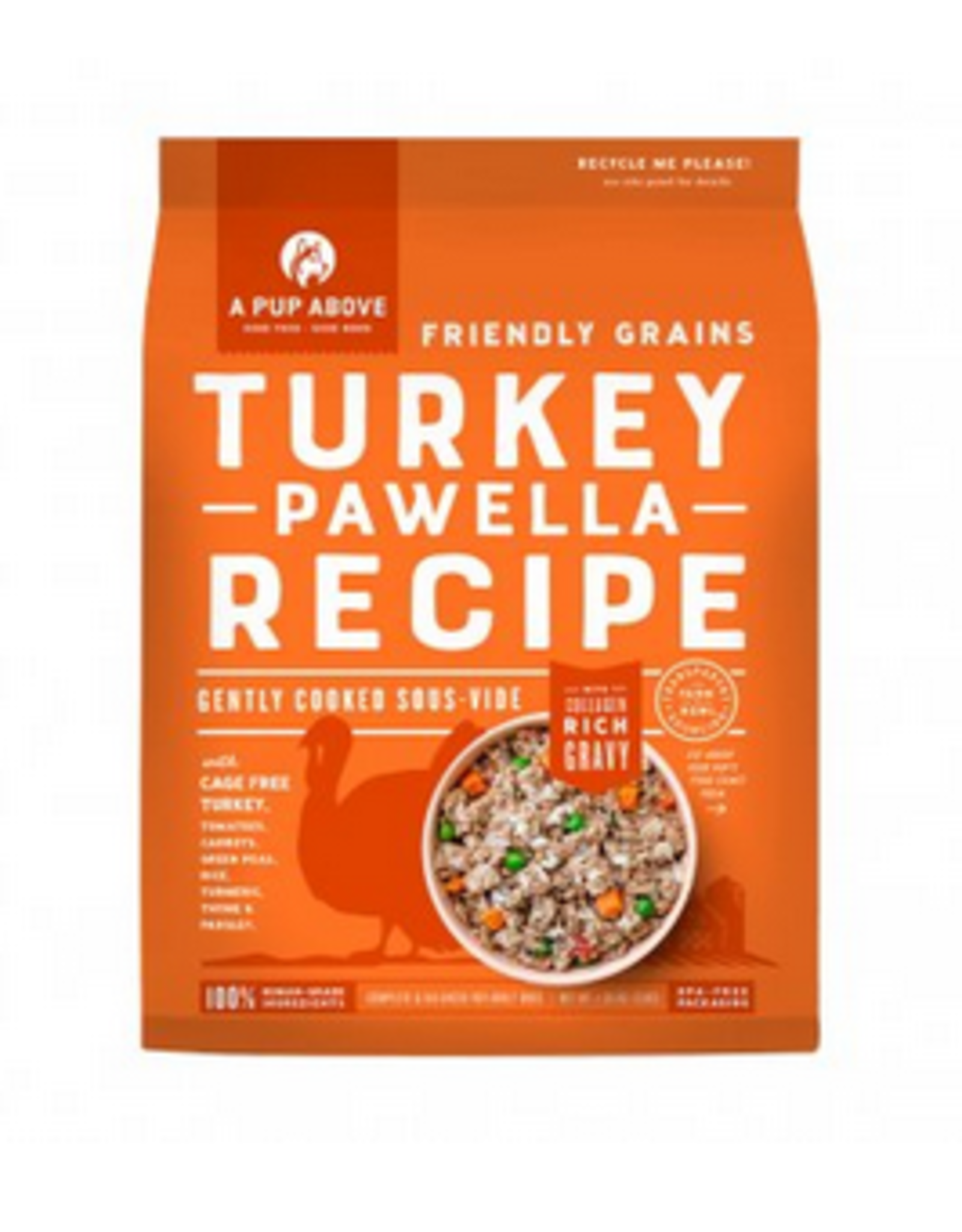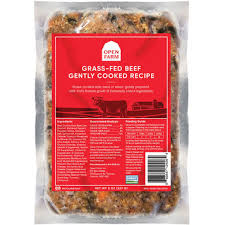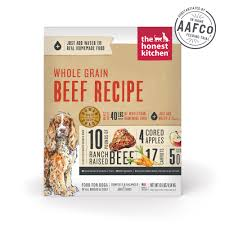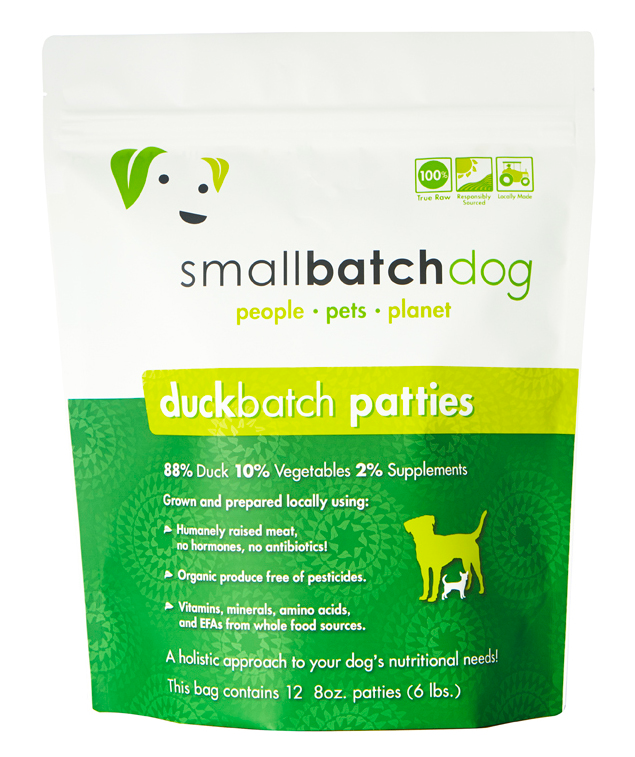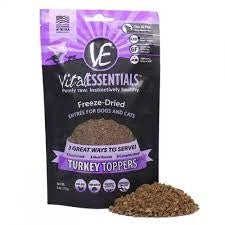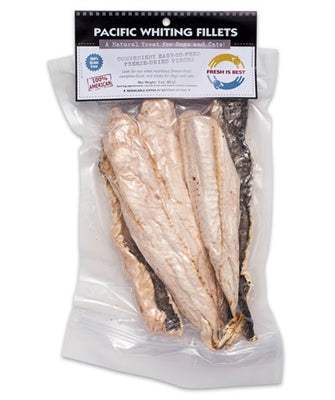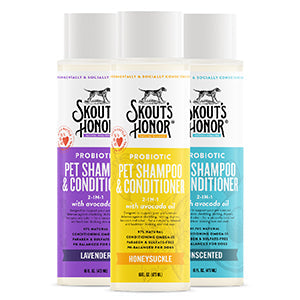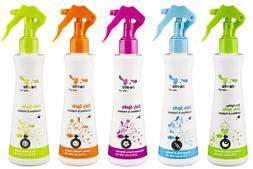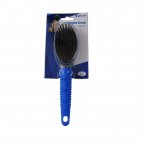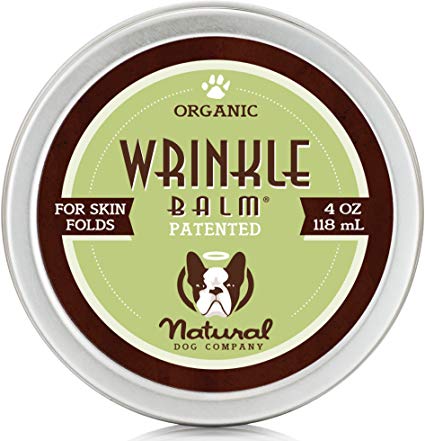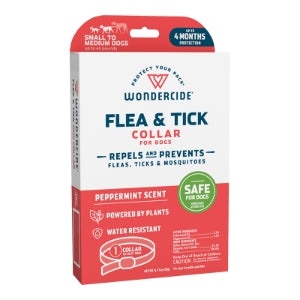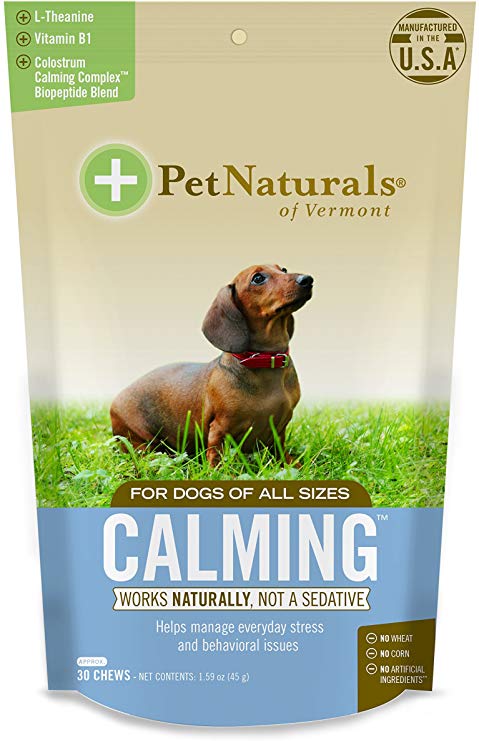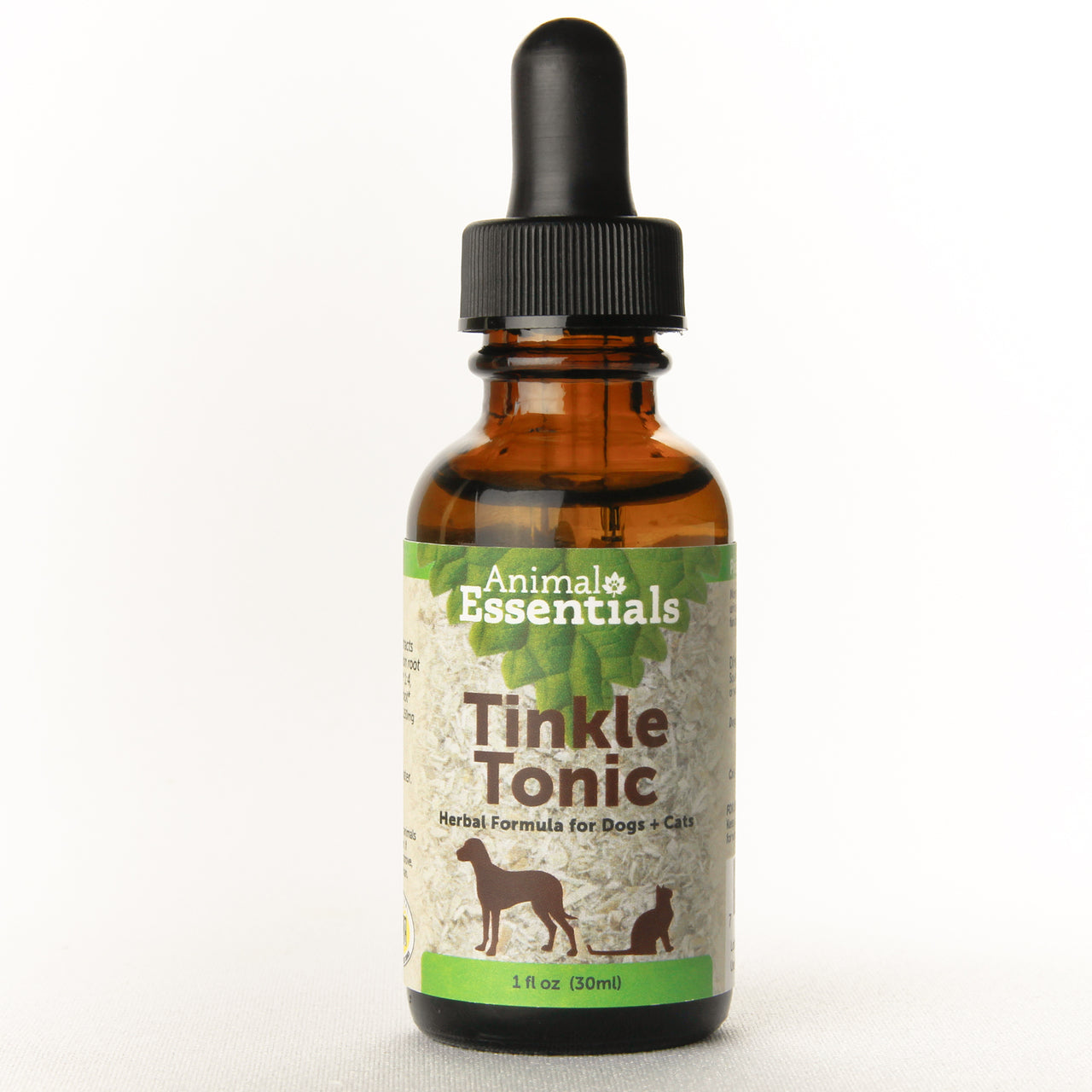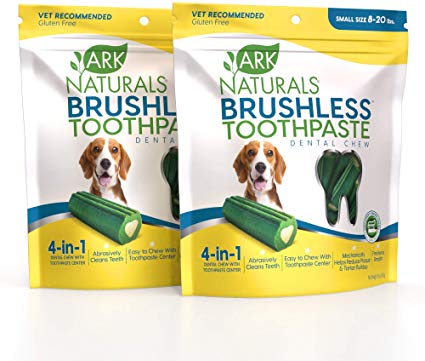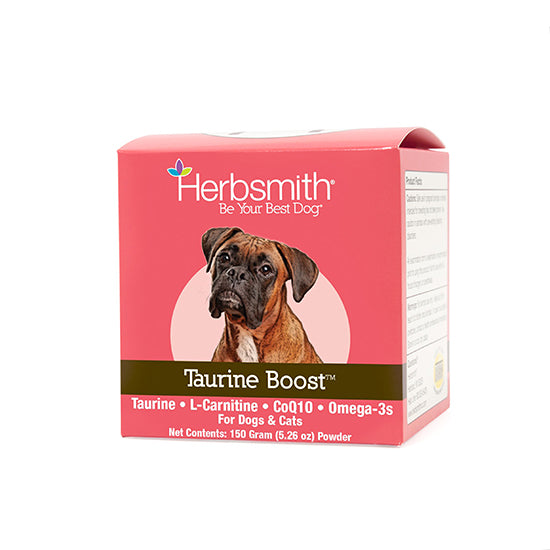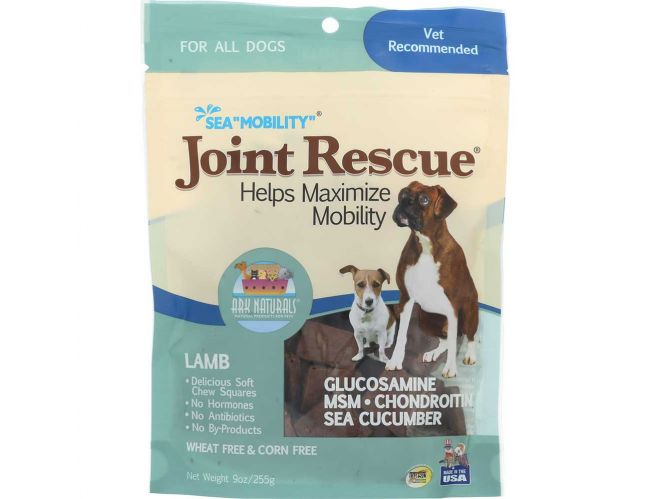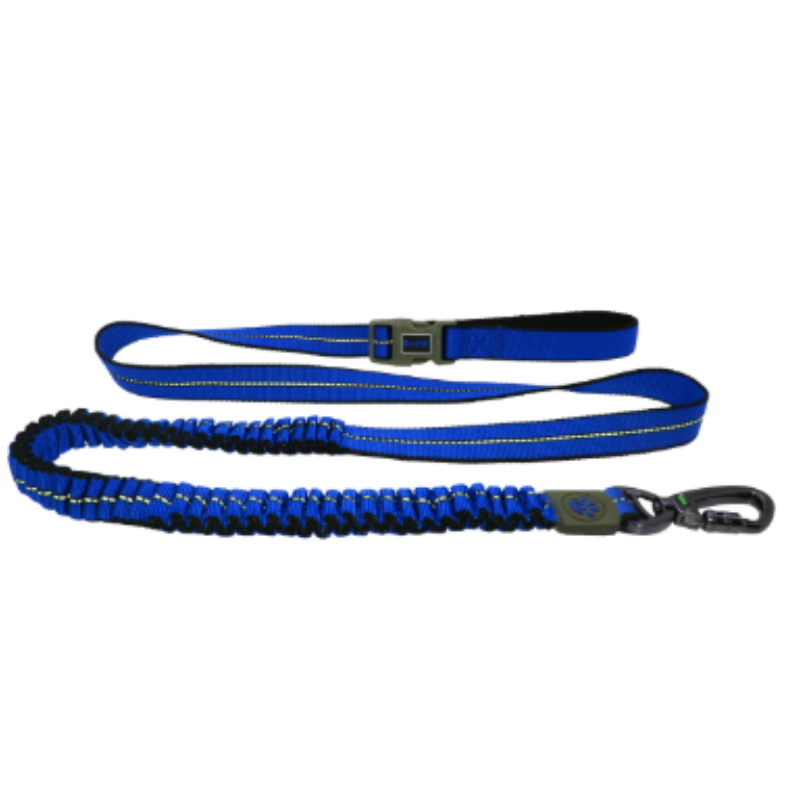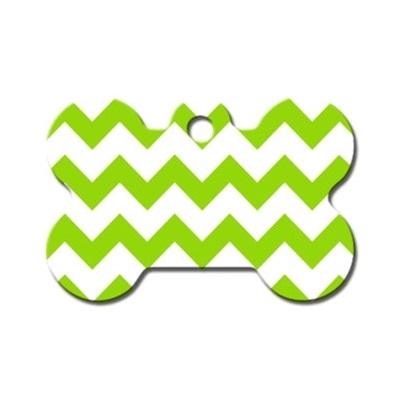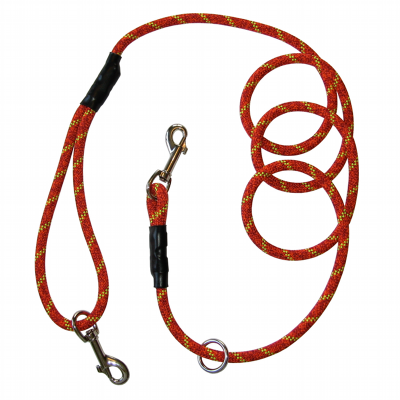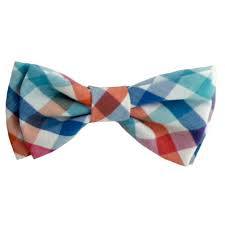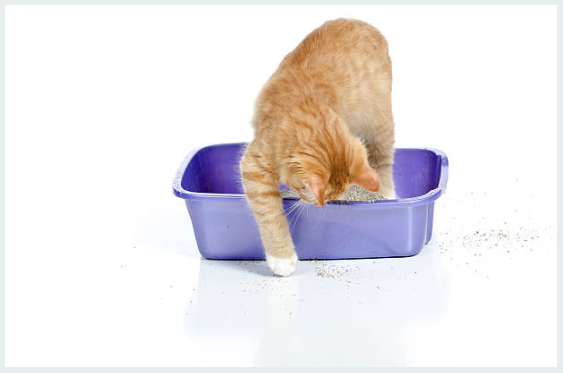As pet owners, we strive to provide the best for our furry companions. With a growing focus on natural ingredients and overall pet health, many are turning to homemade dog and cat food. Not only can preparing meals at home ensure that your pets are eating fresh, nutritious food, but it can also prevent potential health issues caused by low-quality commercial options. In this guide, we will delve deep into the world of homemade pet food, offering insights, recipes, and essential tips to make your pets thrive.
Understanding Your Pet’s Nutritional Needs
Before you start whipping up delicious meals in your kitchen, it’s crucial to understand the basic nutritional needs of your pets. Both dogs and cats have specific dietary requirements that must be met to keep them healthy and happy.
Nutritional Components for Dogs
Dogs are omnivores, meaning they can consume both animal and plant-based foods. Here are the essential components of a balanced dog diet:
- Proteins: Vital for growth, repair, and overall health. Options include chicken, beef, turkey, fish, and eggs.
- Carbohydrates: Provide energy and can be sourced from grains like rice, oatmeal, or sweet potatoes.
- Fats: Important for energy and nutrient absorption; consider healthy fats from fish oil and flaxseed oil.
- Vitamins and Minerals: Ensure a varied diet to fulfill the requirement for vitamins A, D, E, K, and B, along with essential minerals like calcium and phosphorus.
Nutritional Components for Cats
Cats, on the other hand, are obligate carnivores, which means they require meat in their diet. Here’s what to keep in mind for your feline friends:
- Proteins: Cats need a high-protein diet; good sources are chicken, turkey, and fish.
- Fats: Essential for energy, they assist with metabolism and nutrient absorption.
- Taurine: An amino acid crucial for heart and eye health, found primarily in animal tissues.
- Vitamins and Minerals: Cats need certain vitamins and minerals that must be sourced from meat and animal products, including niacin, vitamin A, and arachidonic acid.
Benefits of Homemade Pet Food
Making pet food at home has numerous benefits. Here are a few compelling reasons to consider:
- Control Over Ingredients: You can choose fresh, whole ingredients and avoid additives or preservatives.
- Customization: Meals can be tailored to suit your pet's dietary needs, allergies, or preferences.
- Cost-Effective: Homemade food can be less expensive in the long run, especially if you're mindful of ingredients.
- Enhanced Flavor: Many pets enjoy the taste of fresh food, which can encourage better eating habits.
Getting Started: Essential Ingredients
Now that you’re aware of your pets’ nutrition needs and the benefits of homemade food, let’s dive into the essential ingredients you’ll need to create wholesome meals.
Meats
Choose high-quality, lean meats to provide adequate protein. Consider rotating between different sources like:
- Chicken (remove skin and bones)
- Beef (ground or cubed)
- Fish (ensure it’s deboned)
- Turkey (skinless and boneless)
Grains and Carbohydrates
While not all pets require grains, adding complex carbohydrates can be beneficial:
- Brown rice
- Quinoa
- Oats
- Sweet potatoes
Vegetables
Adding vegetables can provide essential vitamins and minerals. Some pet-safe options include:
- Carrots
- Peas
- Spinach
- Broccoli
- Zucchini
Supplements
To ensure your homemade meals are nutritionally complete, consider adding supplements. Consult with your veterinarian regarding:
- Fish oil for omega-3 fatty acids
- Calcium supplements, particularly for dogs
- Vitamin E and other essential vitamins based on dietary gaps
Simple Recipes to Try at Home
Here are a couple of easy recipes to get you started on your homemade pet food journey:
Homemade Dog Food Recipe
Ingredients:
- 1 pound of ground turkey
- 1 cup of brown rice
- 1 cup of carrots, shredded
- 1 cup of peas, canned or frozen
- ½ cup of spinach, chopped
- 2 tablespoons of fish oil (optional)
Instructions:
- In a large saucepan, cook the turkey over medium heat until browned.
- Add in the brown rice, water (2 cups), carrots, and peas, and bring to a boil.
- Reduce heat, cover, and simmer for 20 minutes or until rice is fully cooked.
- Stir in spinach and optional fish oil, and allow to cool before serving.
Homemade Cat Food Recipe
Ingredients:
- 1 cup of chopped chicken (boiled and shredded)
- 1/4 cup of fish (cooked and deboned)
- 1/4 cup of sweet potato (cooked and mashed)
- 1 teaspoon of fish oil (optional)
Instructions:
- Mix the chicken, fish, mashed sweet potato, and fish oil in a bowl.
- Serve at room temperature. Store leftovers in an airtight container in the refrigerator for up to three days.
Transitioning to Homemade Meals
Transitioning your pet from commercial food to homemade meals should be done gradually. Here's a simple plan:
- Start by mixing 25% homemade food with 75% of their current diet for a few days.
- Gradually increase the portion of homemade food while decreasing the commercial food over a week or two.
- Monitor your pet for any changes in digestion, energy levels, or coat condition. Consult your veterinarian if you notice any adverse effects.
Safety First: Handling and Storing Homemade Pet Food
Food safety is paramount when preparing meals for your pets. Here are vital tips to ensure your homemade pet food is safe to consume:
- Always wash your hands, utensils, and surfaces thoroughly before and after handling raw ingredients.
- Cook meats thoroughly to eliminate harmful bacteria.
- Store homemade food in airtight containers in the refrigerator and consume within three to four days.
- Consider freezing portions that won’t be consumed within that timeframe to maintain freshness.
Monitor Your Pet’s Health
As you venture into the world of homemade pet food, closely monitor your furry friends’ health and wellbeing. Look for changes in:
- Coat condition (shine, shedding, etc.)
- Energy levels and playfulness
- Weight (ensure they maintain a healthy weight)
- Digestion (check for any gastrointestinal issues)
Every Pet is Unique: Personalizing Their Diet
Just like humans, each pet is unique. What works for one may not work for another. It’s essential to pay attention to your pet's individual tastes and preferences. This can also include:
- Adapting recipes based on allergies or sensitivities.
- Experimenting with various ingredients to keep meals exciting and nutritious.
Engaging with your veterinarian for guidance on tailored nutrition plans can help address any specific health issues your pet might experience.
The Road to Nutritional Enlightenment
Embarking on a journey to create homemade meals for your pets may seem daunting at first, but the rewards are immeasurable. Not only will you gain peace of mind knowing exactly what goes into their food, but you'll also strengthen the bond you share with your furry friends. By understanding their nutritional needs, embracing fresh ingredients, and preparing tailored meals, you can enhance your pets' overall wellbeing. Happy cooking, and may your pets enjoy every delicious bite!
Take a look at another user's Shopify store by clicking here. Please be aware that this is a promotional link, and we cannot be held responsible for the content of the linked store.


